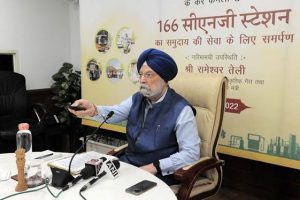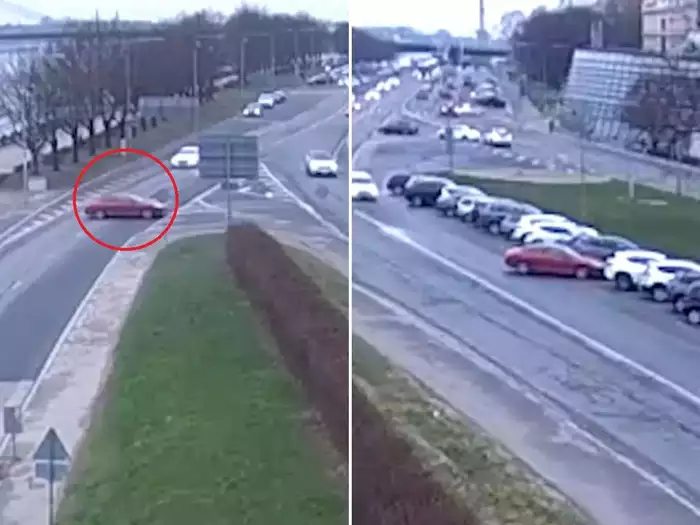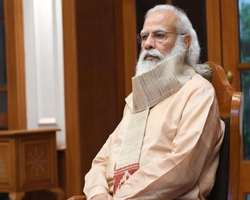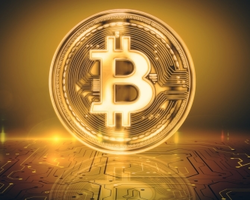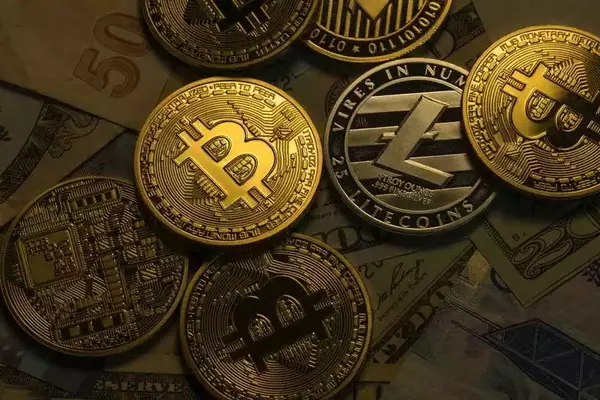The hacker who carried out one of the biggest ever cryptocurrency robberies has now returned close to half of the $600m stolen assets.
After the heist, Blockchain platform Poly Network had posted a letter on Twitter, asking the hacker to get in touch "to work out a solution."
The website said the amount of money hacked was "biggest" incident so far in the decentralised finance industry.
But Poly Network has now informed that it had received $260 million.
Also read: Hackers steal $600 million in biggest ever cryptocurrency heist
Some analysts are of the view that the hacker has struck a deal with the platform.
The hacker also put out a Q&A session on one of the blockchains to express his views. He said that he decided to return the stolen assets because he is "not very interested in money".
"I know it hurts when people are attacked, but shouldn't they learn something from those hacks?" he wrote in the notes posted to the blockchain.
The hacker added that it had taken him all night to find a vulnerability to exploit. He said he was worried that Poly Network would patch the security flaw quietly without telling anyone, so he decided to take millions of dollars in cryptocurrency tokens to make a point.
But he stressed that he did not want to cause a "real panic in the crypto-world", so he only took "important coins", leaving behind Dogecoin, the cryptocurrency that started off as a joke.
"Either they just intended to commit theft and steal the assets, or they were acting like a white hat hacker to expose a bug, to help Poly Network make themselves more strong and secure," Tom Robinson, co-founder of Elliptic, a London-based blockchain analytics and compliance firm told the BBC.
Robinson, who advises governments and law enforcement agencies about crypto-related crimes, said the nature of blockchain technology makes it hard for cyber-criminals to profit from stealing digital currencies, because everyone can see the money being moved across the network into the hackers' wallets.
"I wonder whether this hacker stole the funds, realised how much publicity and attention they were getting, realised wherever they moved the funds they would be watched, and decided to give it back," Robinson said.







